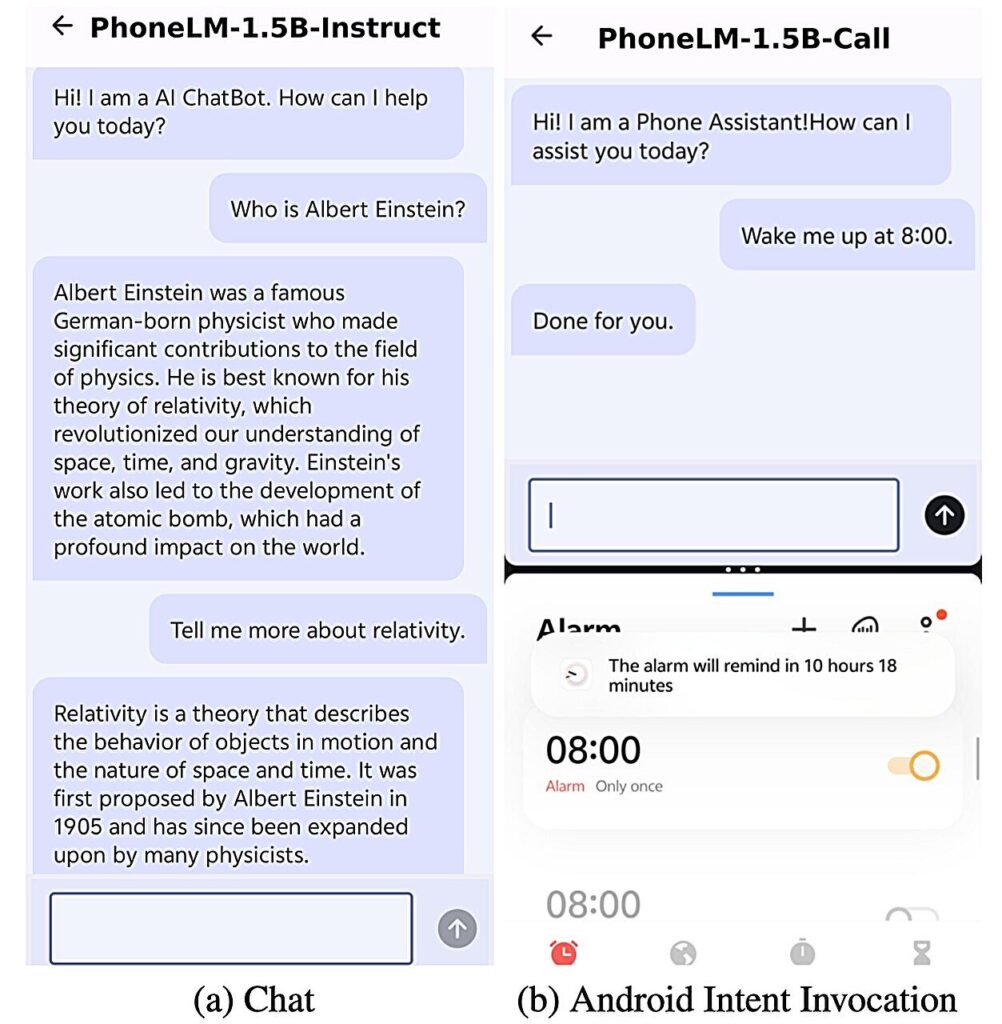
Artificial Intelligence (AI), particularly large language models like GPT-4, has shown impressive performance on reasoning tasks. But does AI truly understand abstract concepts, or is it just mimicking patterns? A new study from the University of Amsterdam and the Santa Fe Institute reveals that while GPT models perform well on some analogy tasks, they fall short when the problems are altered, highlighting key weaknesses in AI’s reasoning capabilities. The work is published in Transactions on Machine Learning Research.
Analogical reasoning is the ability to draw a comparison between two different things based on their similarities in certain aspects...
Read More









Recent Comments